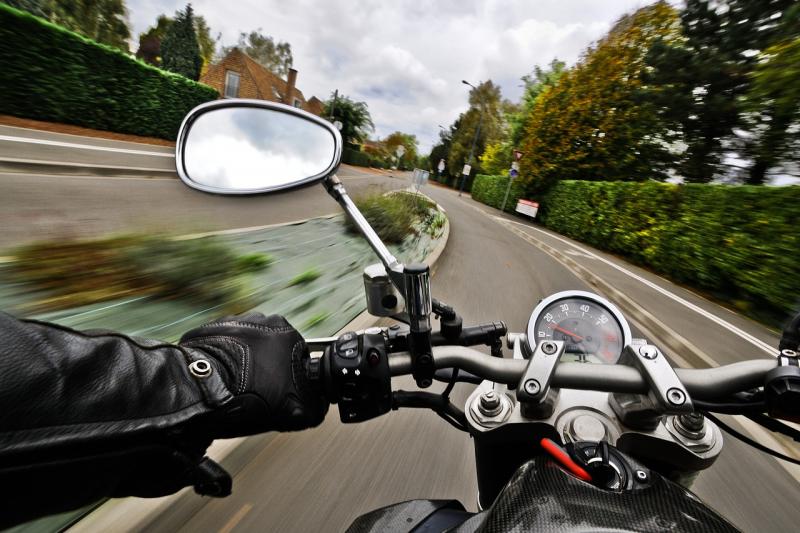Legal Do's And Don'ts After A Motorcycle Accident

Many people are drawn to motorcycles for the unique thrills and freedoms they can offer, but anyone choosing a motorcycle over a car will be putting themselves at greater risk of accidents and injuries out on the road. Statistics consistently show that motorcyclists are among the most at-risk road users, with around 5,000 deaths each and every year, along with countless injuries too.
The risks are high, and even with careful and clever riding, you might still find yourself and any passengers you have put in danger by reckless drivers and negligent road users, and if an accident does occur, it's important to follow the right steps and take the correct action. Read on to learn the key legal do's and don’ts to protect your rights and put yourself in the best position after an accident.
Do: Contact A Lawyer
Obviously, one of the first things to do in the wake of an accident is to get in touch with the police, seek any necessary medical treatment, and let your insurance company know what happened too, but once you've taken care of those urgent steps, be sure to contact an attorney. They'll be able to guide you through the proper legal procedure and prevent you from making any mistakes to jeopardize your case.
An experienced and qualified attorney will be able to help you navigate the often complex and intimidating world of filing a case, from understanding liability in motorcycle accidents to knowing who to talk to and what to say when other legal teams and insurance agents are calling you up asking for information.
Don't: Admit To Anything
When an accident occurs, it's easy to panic, to stress, and to do or say things without necessarily thinking them through all the way as you usually would. However, even though it might be difficult, it's so important to try and stay calm and collected after an accident, taking your time and weighing your words.
Saying the wrong thing could get you in trouble later on. For example, if you admit to fault when the police arrive, you may struggle to put together a strong legal case in the future, or if you claim you aren't injured but later show signs of pain and discover an injury you weren't aware of, your words could be used against you.
Do: Call The Police
As stated above, one of the first things to do when an accident occurs is to contact the police. Even if the accident is relatively minor, a police presence can help out in a lot of ways. Police officers will be able to advise you on the correct action to take, as well as assisting with making the site of the accident safer for all.
They'll also be able to calm down other angry drivers, take witness statements that could help you later on, and record a statement from yourself about what happened. Again, this can be very useful later on and your lawyer will benefit from having a police report to refer to when building your case.
Don't: Agree To Settle
After an accident, especially one that wasn't your fault, a defendant's legal team or even their insurance company might start trying to contact you. Their lawyer might suggest a settlement or offer options to prevent the case from going any further.
Don't agree to any of this without consulting your own attorney first. You have no obligation to settle, nor do you have any obligation to provide other legal representatives or insurance agents with any information at all. Run everything past your lawyer and make them your primary contact regarding the accident from that point onward.
Do: Document The Scene
It’s also recommended to take photos and document the scene of the accident too. Be sure to take photos of the vehicles involved, focusing on any areas where damage has been done, as well as taking photos of any visible injuries if you're able to safely do so.
Again, it's common to be stressed and anxious after a collision, so it can be easy to forget this step, but documenting the scene will, once more, help you out a great deal later on in building a case.
Conclusion
Ideally, you'll never find yourself in an accident situation, and with safe driving, you can help to reduce the risk of any collisions occurring. However, if an accident does occur, be sure to bear these tips in mind and act promptly to get the care and assistance you need.
More to Read:
Previous Posts:










